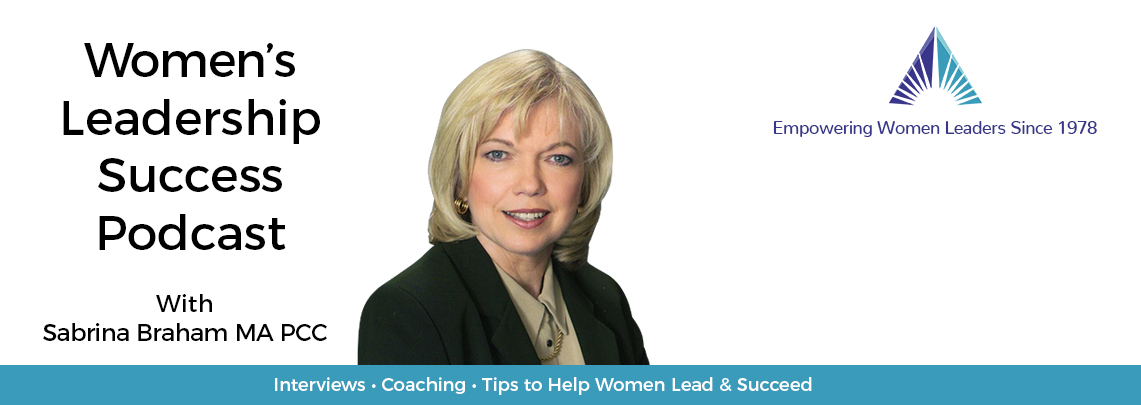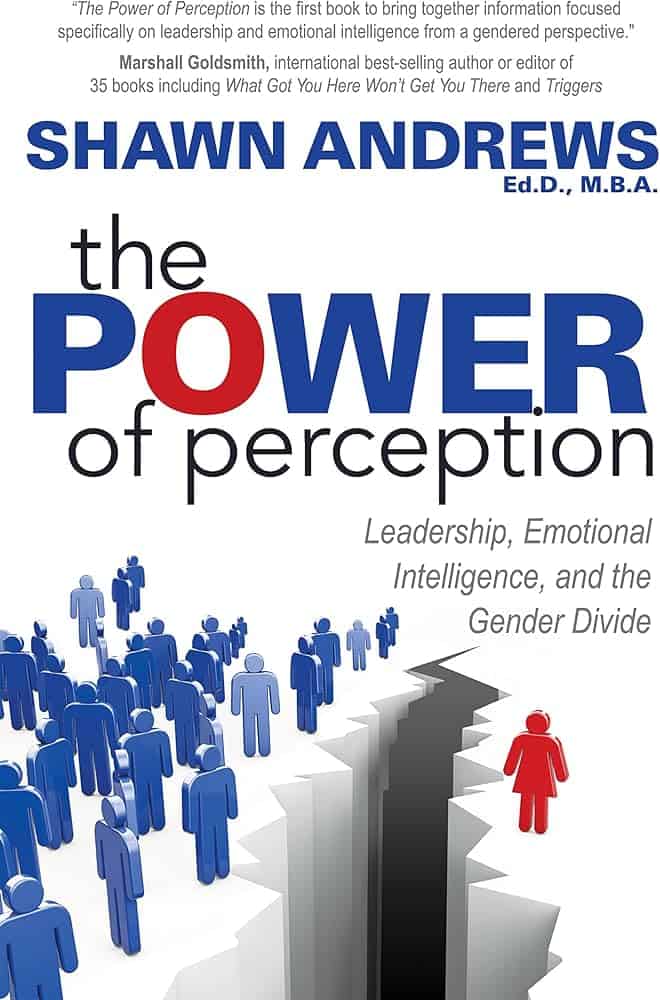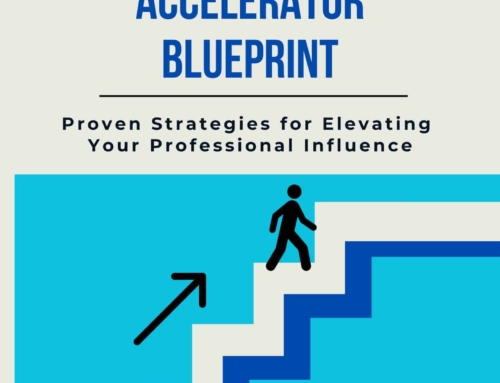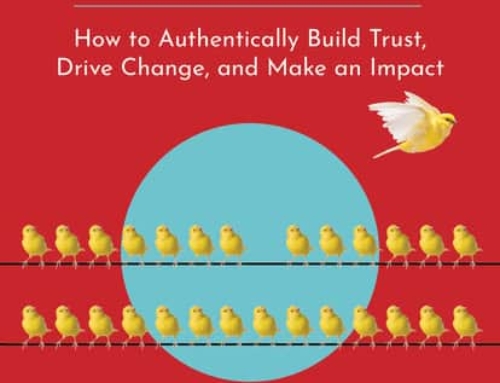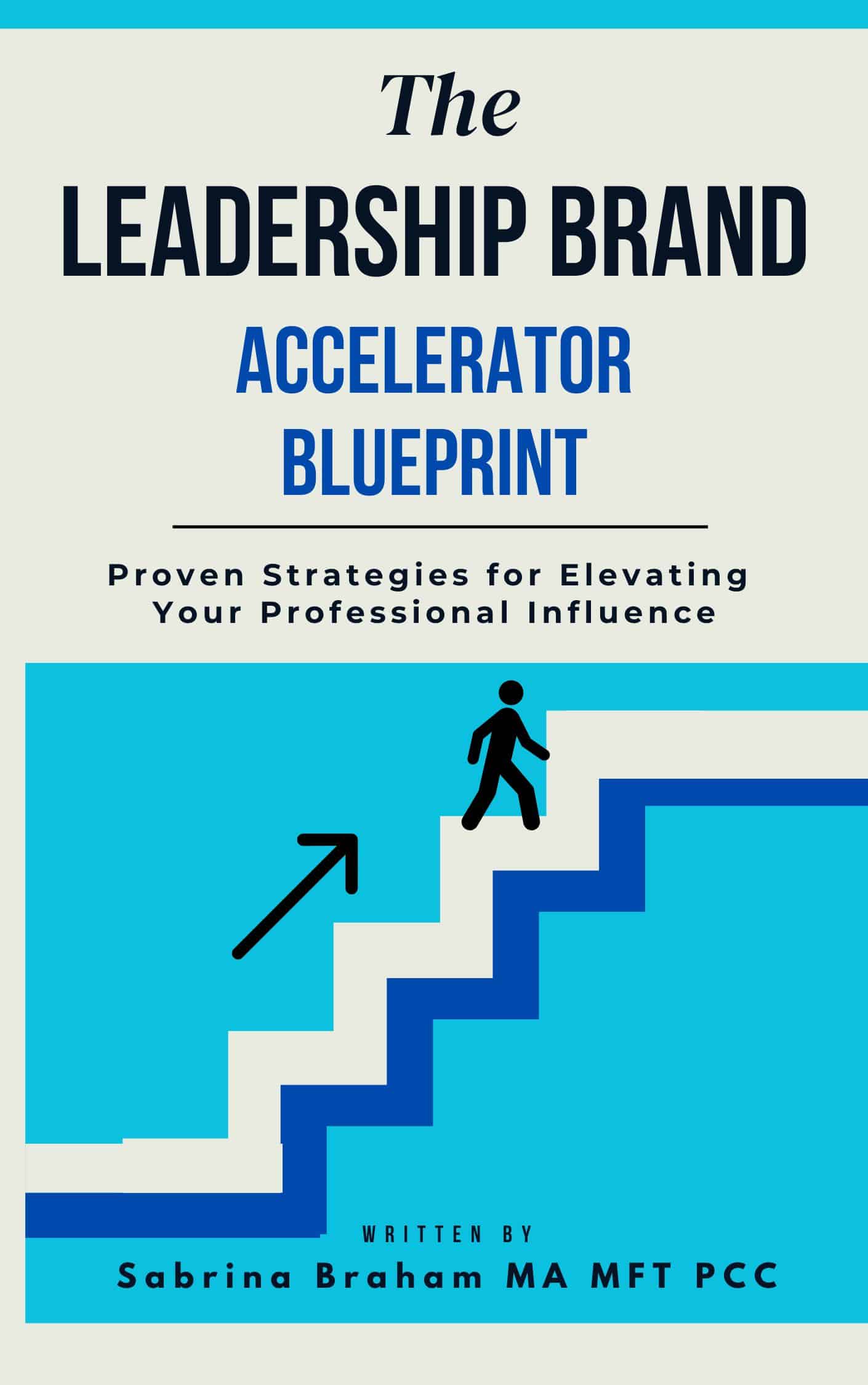Podcast: Play in new window | Download
Subscribe: Apple Podcasts | Spotify | Android | Pandora | iHeartRadio | Blubrry | TuneIn | Deezer | RSS
Did you know that microaggressions in the workplace, often subtle and unintentional, can cost the U.S. workforce $450 to $550 billion in lost productivity yearly, according to Gallup? These small, seemingly insignificant actions or comments can have significant negative impacts on individuals and organizations, leading to lost productivity, low morale, and claims of a hostile work environment.
The Impact of Microaggressions on the Workplace
Implementing effective **Microaggressions Workplace Strategies** is crucial for mitigating these behaviors’ adverse effects on individuals and organizations. Here are some key impacts to consider:
- Lost Productivity: Microaggressions can accumulate over time, decreasing employee engagement and productivity. When employees feel undervalued or discriminated against, their motivation and performance suffer, ultimately affecting the organization’s bottom line.
- Low Morale: Repeated microaggressions create a toxic work environment where employees feel uncomfortable, isolated, or marginalized. This environment can result in high turnover rates as employees seek healthier, more inclusive workplaces.
- Claims of a Hostile Work Environment: While microaggressions may seem minor in isolation, they can contribute to a pattern of behavior that creates a hostile work environment. Over time, these incidents can become the basis for employment discrimination lawsuits, leading to financial and reputational damage.
These impacts underline the importance of developing and implementing **Microaggressions Workplace Strategies** to foster a more inclusive and productive work environment.
Expert Insights: Shawn Andrews on Microaggressions Workplace Strategies
Shawn Andrews, is the author of The Power of Perception, and a seasoned expert with over 22 years of experience in the pharmaceutical industry and a decade focused on DEI (Diversity, Equity, and Inclusion), emotional intelligence, and leadership, provides valuable insights into effective Microaggressions Workplace Strategies. Her work highlights the importance of understanding the impact of our words and actions and fostering a more inclusive environment.
In this recent Women’s Leadership Success podcast, Andrews discusses the derogatory use of terms like “DEI hire” and their damaging effects on workplace culture. She emphasizes that while some companies may have hired diverse candidates solely for checkbox purposes in the past, this practice is increasingly rare today due to the abundance of highly qualified candidates across all demographics. Andrews advocates for questioning biases and using empathy to shift perspectives and foster a more inclusive workplace.
Questioning Biases and Practicing Empathy
During the discussion with Women’s Leadership Success podcast host, Sabrina Braham MA MFT PCC, Andrews shared how questioning biases and practicing empathy have successfully shifted perspectives in her experience. For example:
– Questioning Biased Comments: When someone makes a biased or insensitive comment, asking them to clarify their meaning or how they arrived at their conclusion can prompt reflection on their assumptions. This opens the door for more thoughtful discussions.
– Sharing Personal Stories: Andrews highlights the power of sharing personal experiences that differ from the dominant narrative to build empathy and understanding. Humanizing the experiences of marginalized groups can make it harder for people to dismiss or overlook their challenges.
– Active Listening: Actively listening to others, even when their views differ from your own, can help shift rigid mindsets. Andrews notes that approaching conversations with curiosity rather than judgment creates a more conducive environment for learning and growth.
These insights from Andrews are essential components of effective Microaggressions Workplace Strategies, which can help organizations foster a more respectful and inclusive work culture.
Implementing Diversity, and Inclusion Workplace Strategies
To ensure that discussions of diversity, inclusion, and microaggressions remain constructive and solution-focused, consider these **Microaggressions Workplace Strategies**:
– Focus on Impact Over Intention: Shift the conversation to the harm caused by microaggressions rather than the intention behind them. This helps address the issue more effectively.
– Ask Clarifying Questions: When someone uses a derogatory term like “DEI hire,” ask questions to understand their perspective and prompt them to consider the impact of their words.
– Encourage Empathy and Active Listening: Building understanding between different perspectives is crucial. Encourage employees to listen actively and approach conversations with humility.
– Identify Concrete Steps for Inclusion: Promote diversity, equity, and inclusion by seeking diverse perspectives, providing training, and holding people accountable for biased behavior.
– Maintain a Problem-Solving Mindset: Focus on making progress rather than assigning blame. The goal should be to foster a more inclusive and respectful work environment.
By incorporating these Microaggressions Workplace Strategies into your organization, you can create a culture where respect and inclusion are the norms, not the exceptions.
Unlock Your Leadership Potential
Find Out Your Leadership Score Today
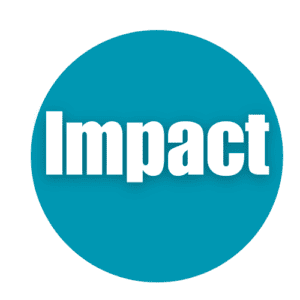
- Answer 21 quick questions in 4 minutes
- Discover your leadership success score immediately.
- Get proven leadership and career development tips.
Are you ready to enhance your leadership skills? Take our Leadership & Career Development Quiz now to uncover your natural strengths and areas for growth.
In addition, you can book an appointment with Sabrina Braham to review your leadership score and get coaching on how to advance your leadership and career.
